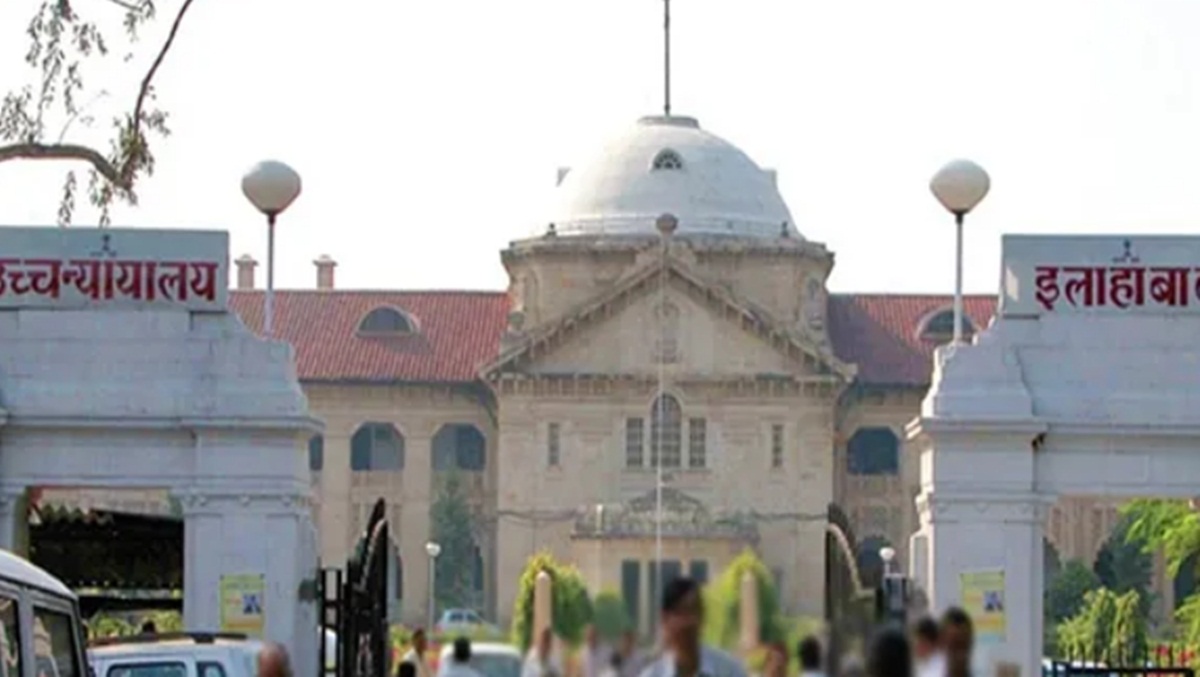Twitter: @the_news_21
In a recent decision to grant bail to a man accused of raping his live-in partner, the Allahabad High Court expressed its concerns about the diminishing sanctity of marriage in India, attributing some blame to films and TV serials for promoting such notions.
The court further asserted that the idea of “changing partners in every season” cannot be deemed characteristic of a “stable and healthy” society. It emphasized that the security and stability offered by marriage cannot be equated with that of a live-in relationship.
Justice Siddharth, leading the bench, stated, “A live-in relationship shall only be considered normal after marriage becomes obsolete in this country, similar to what has happened in some so-called developed countries, where preserving the institution of marriage has become a significant challenge. We are setting ourselves up for a major problem in the future…Infidelity within a marriage and pursuing a free live-in relationship are being portrayed as signs of a progressive society, leading the youth to embrace this philosophy without fully comprehending its long-term consequences.”
Crucially, the Court posited that an individual without harmonious family ties cannot make significant contributions to the nation’s progress. Justice Siddharth also pointed out that constantly transitioning from one relationship to another does not lead to a meaningful life, and children born from such relationships face numerous challenges.
“When parents separate, these children become burdens on society, often falling in with the wrong crowd, resulting in a national loss of responsible citizens. In the case of female children born from live-in relationships, the negative effects are apparent and need not be elaborated upon. Courts encounter such cases regularly,” the bench remarked.
The bench also opined that while such relationships may initially seem appealing and attractive to young individuals, over time, middle-class social values and norms come to the forefront. Consequently, couples in such relationships eventually realize that their union lacks social approval and cannot sustain a lifelong commitment.
These observations were made in a case where the Court granted bail to Adnan, who had been arrested on April 18, 2023, for allegedly breaking his promise to marry his live-in partner. The case centered on a 19-year-old girl who had formed a live-in relationship with the accused after befriending him. They had been in this relationship for a year, engaged in a consensual physical relationship, and when she became pregnant, he reneged on his commitment to marry her. Subsequently, she accused him of rape based on his false promise of marriage.
After considering both sides’ arguments, the Court concluded that this was another instance where a young couple had separated “after enjoying the live-in relationship.” The Court observed that, as is often the case, the victim had filed the FIR in an attempt to establish a secure marital relationship with the accused and conform to socially accepted norms. The Court further commented that after a breakup, it becomes challenging for the female partner to face society, as middle-class society tends to stigmatize separated women as abnormal. The Court added that this often leads victimized women to seek the conversion of their relationship into a socially sanctioned marriage by filing such FIRs.
Furthermore, the Court underscored the significance of middle-class morality in India, given that the majority of the population falls within this demographic. It pointed out that the stability and socio-political-economic well-being of a nation depend on the size and health of the middle class, and many of the issues faced by certain countries, such as Pakistan, can be attributed to the absence of a substantial middle class.
“The absence of middle class and middle-class morality in Pakistan is ample testimony of the social, political, religious, ethical and other types of unrest. Most of the problems being faced by Pakistan are mainly due to the lack of a middle class. The middle class has a vested interest in maintaining social, political, religious and other orders of society since it has optimum means of fair survival and it does not want that it should be deprived of the same. Pakistan consists mostly of the highest class and poor class. The middle class is not much in that country,” the bench noted.
Taking this context into account, the Court granted the applicant bail upon his provision of a personal bond and two sureties, each in an equal amount, to the court’s satisfaction.




